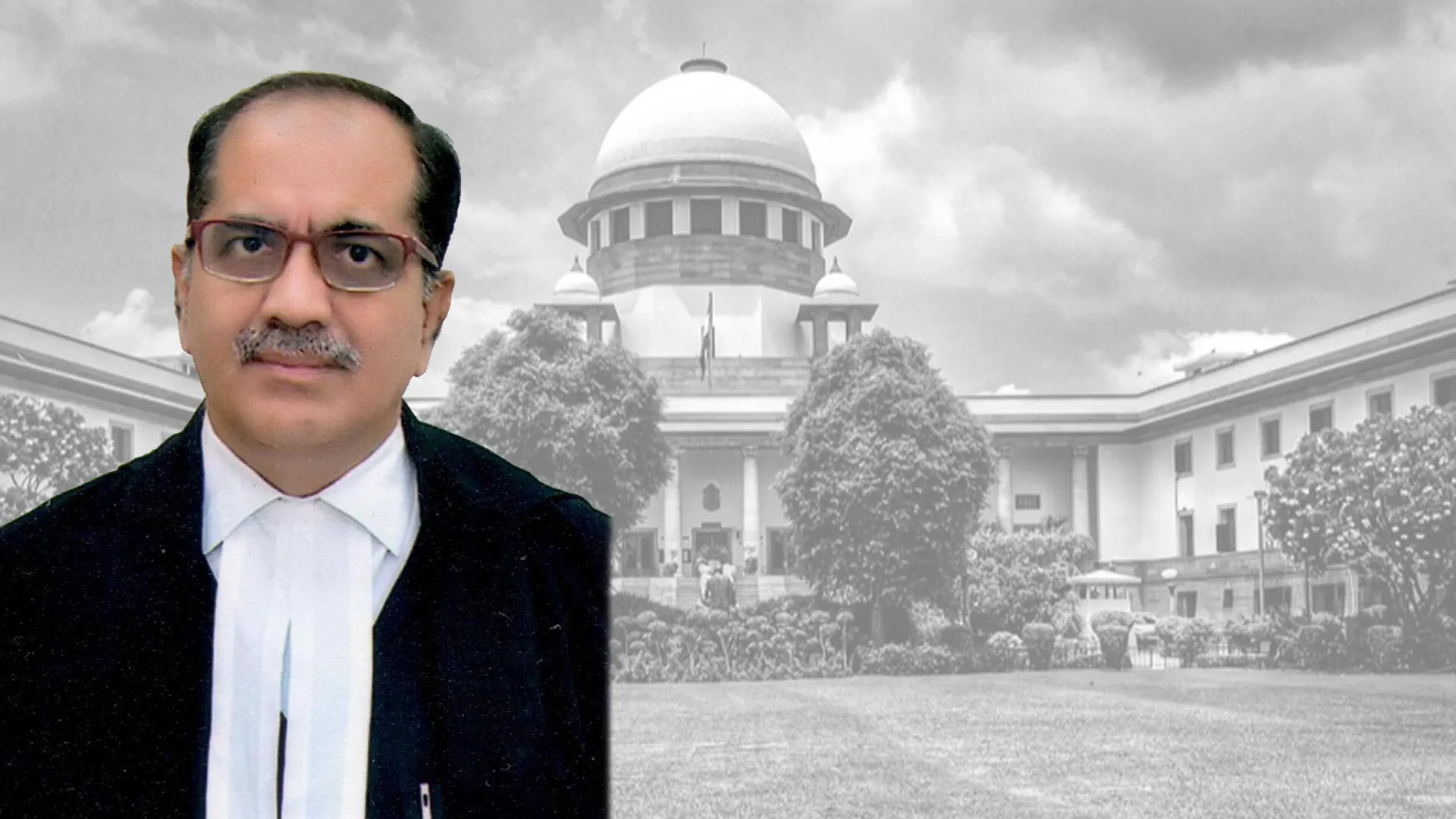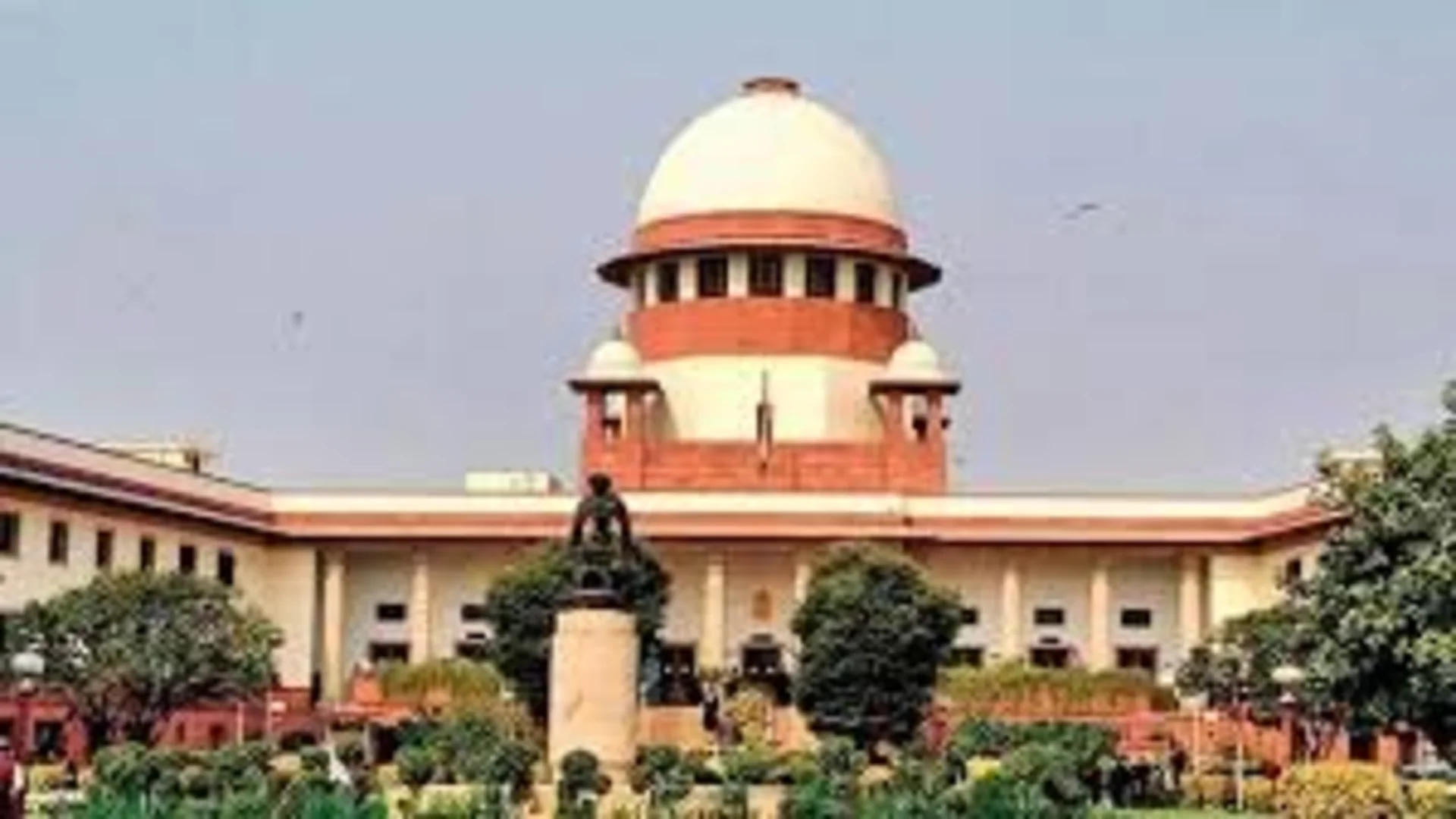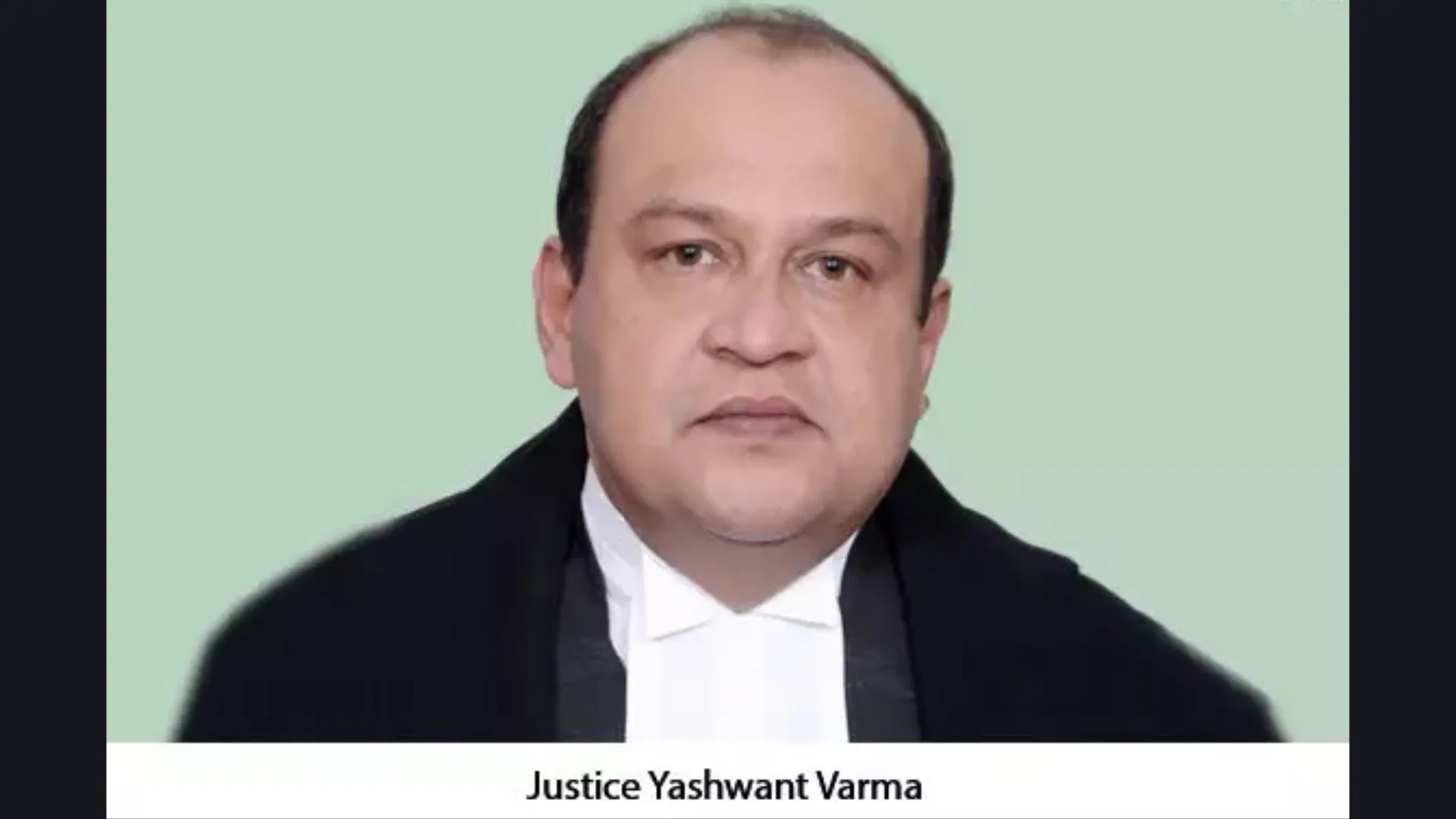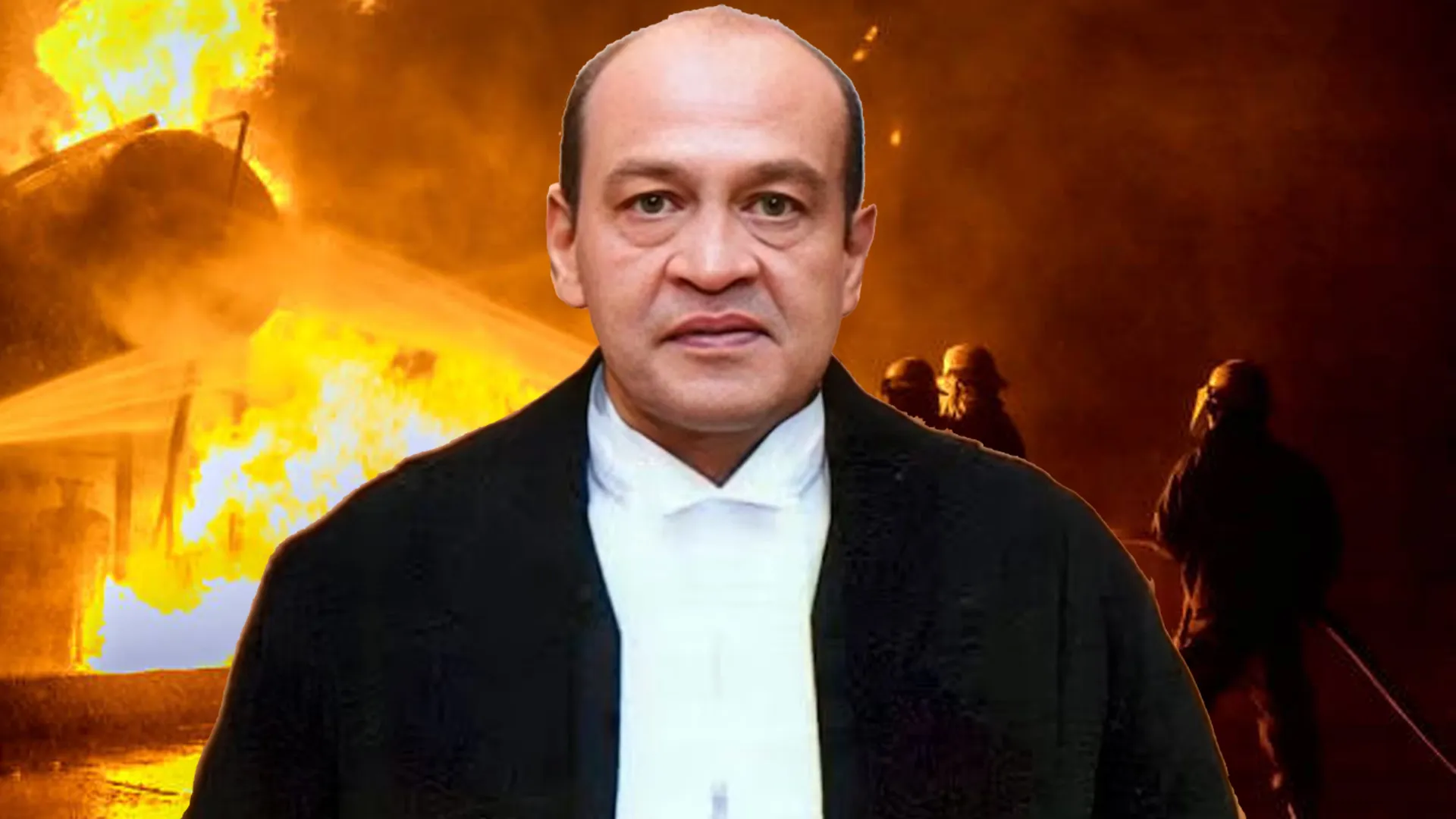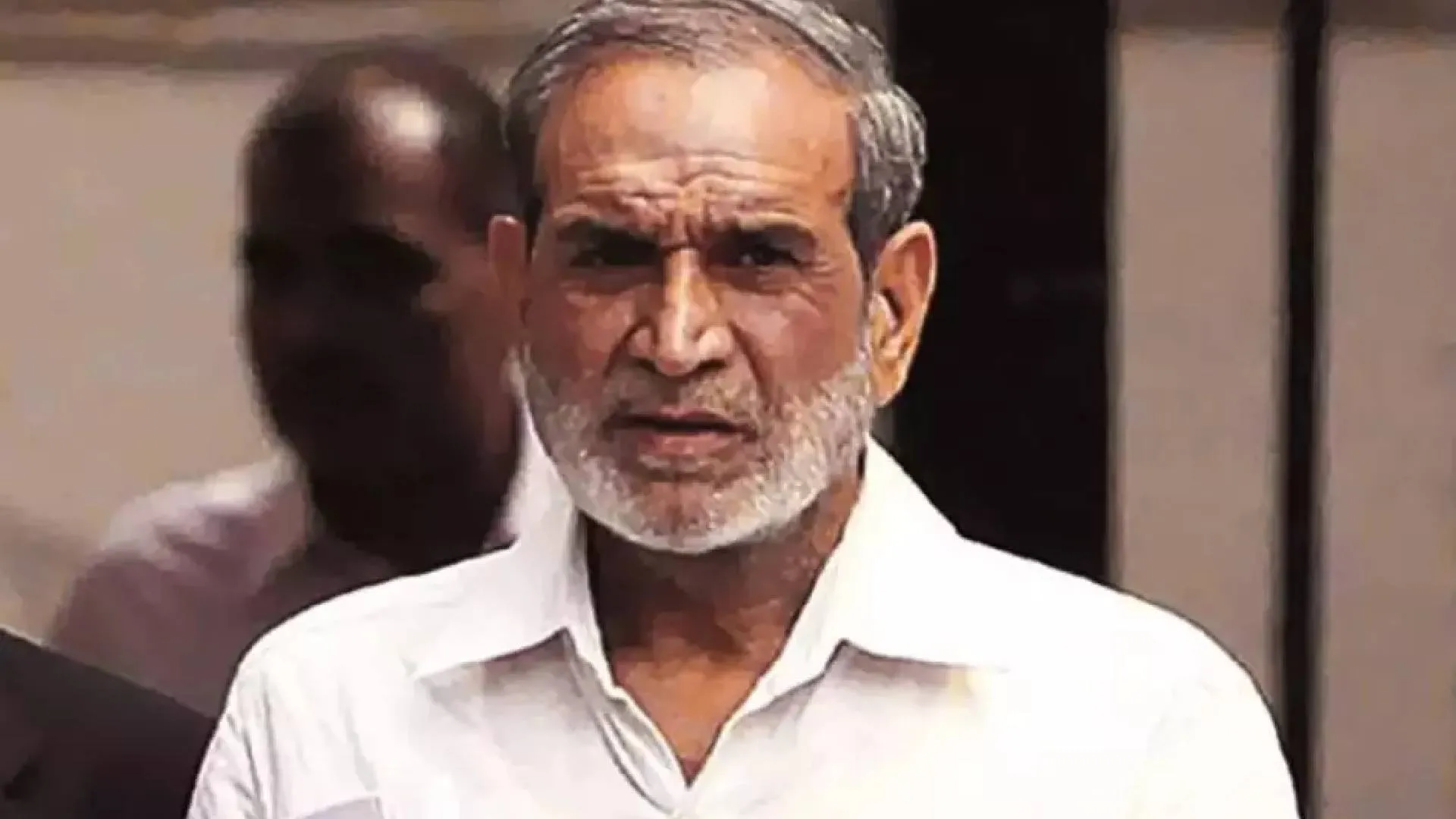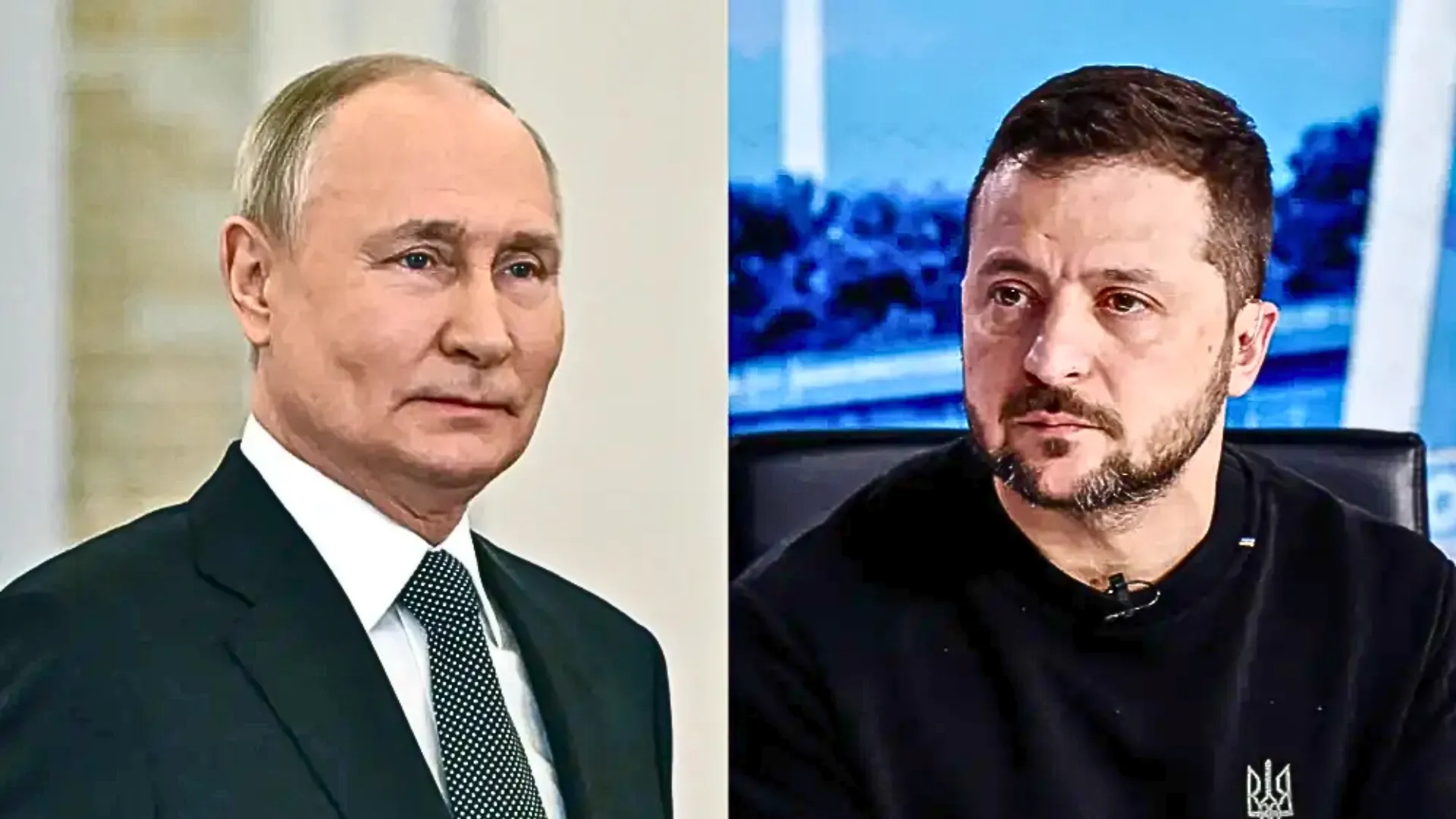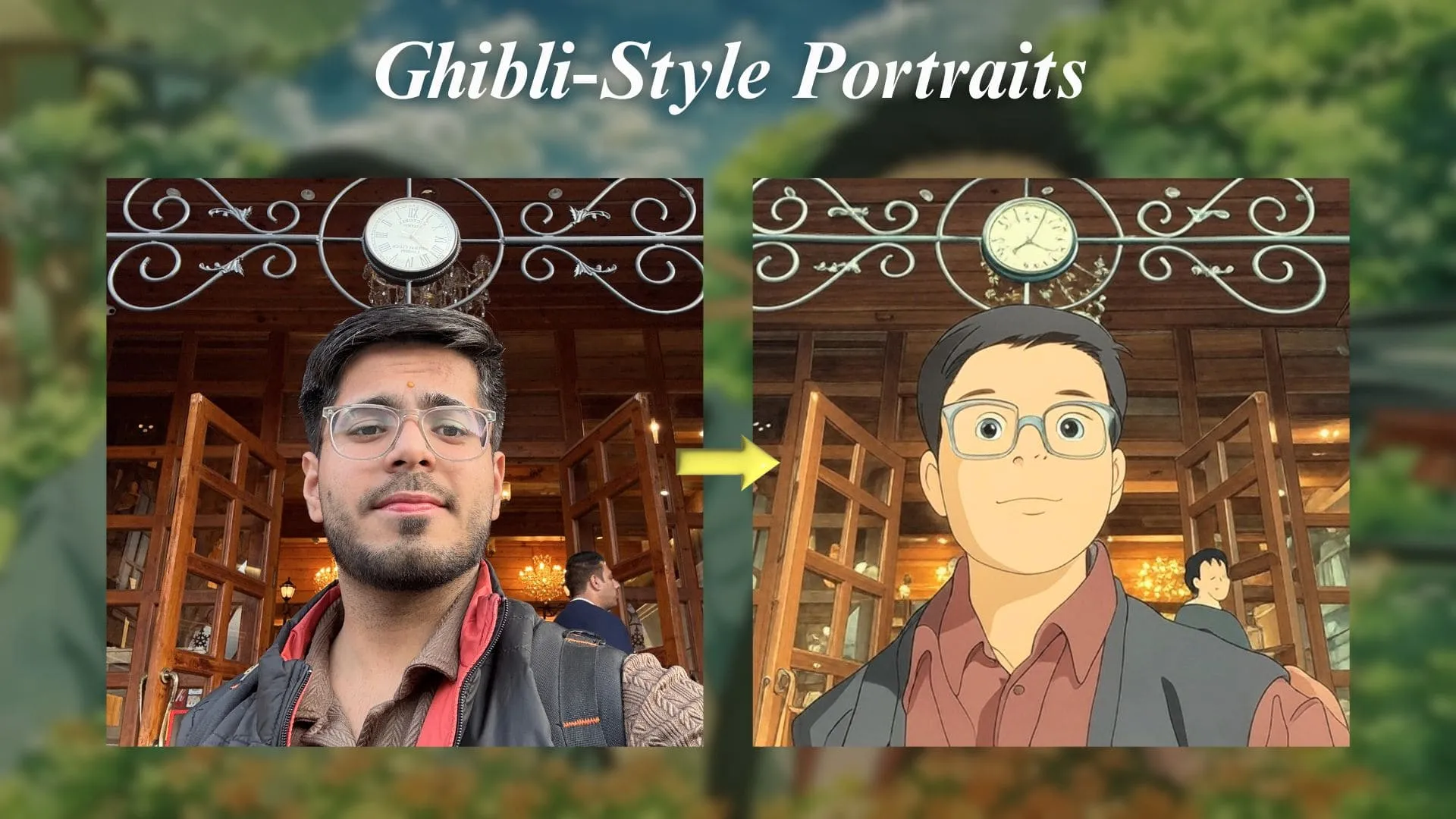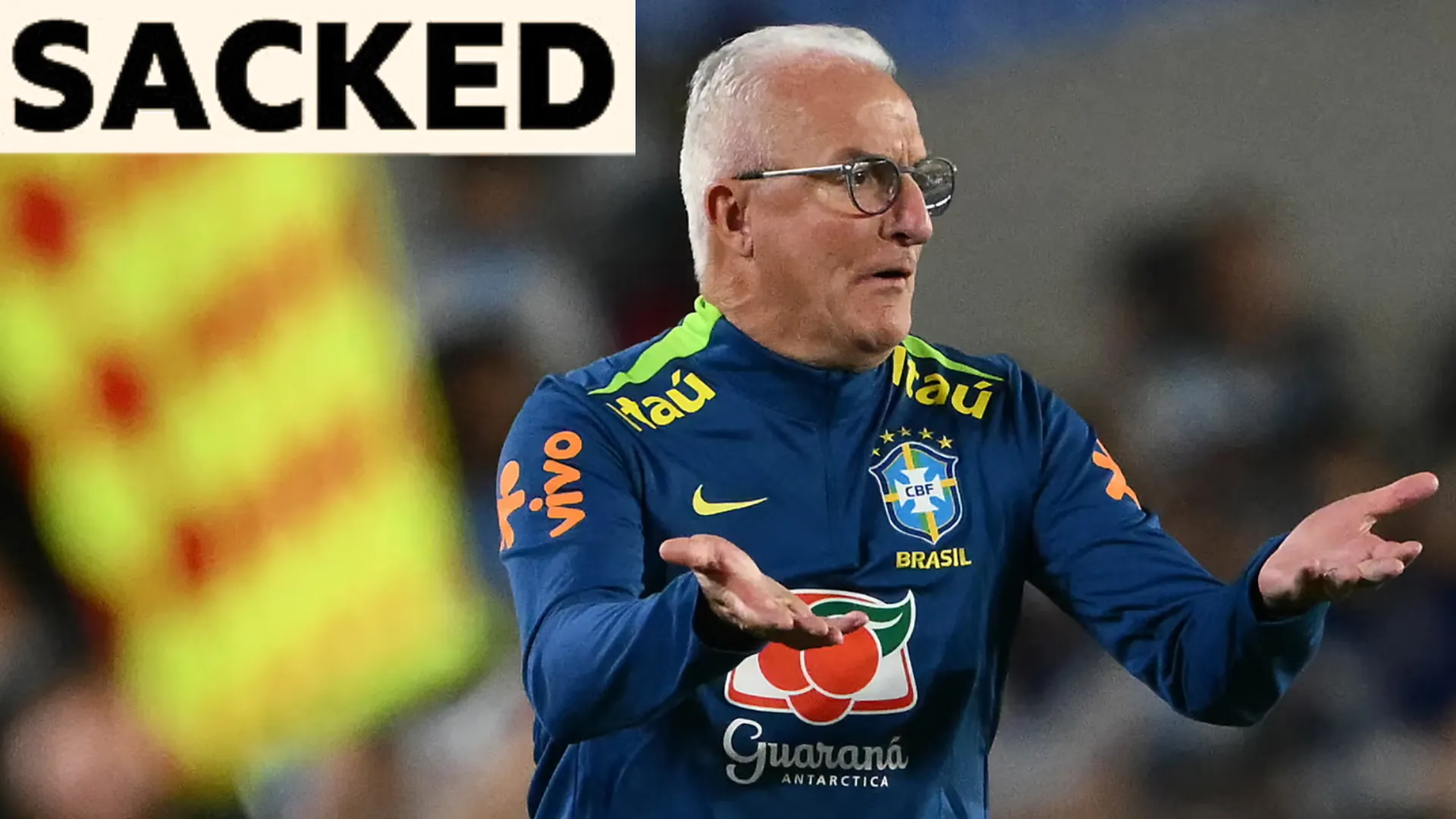There are quite a few myths that abound in relation to the Indian Constitution, in particular in relation to its preparation and its nexus with the Government of India Act, 1935. Contrary to popular perception which gives the impression that the Constitution is the product of a solo act, the history of the framing of the document tells us that the first draft of the Constitution was prepared by the Constitutional Advisor to the Constituent Assembly, Shri Benegal Narsing Rau.
Rau’s draft was based on
(a) the reports of the subcommittees appointed by the Constituent Assembly to undertake a study of different subjects of the Constitution, such as the Advisory Committee on Fundamental Rights and Minority Rights, the Union Powers Committee, the Union Constitution Committee, and the Provincial Constitution Committee; and
(b) the discussions held in the Constituent Assembly in relation to such reports.
By October 1947, Shri Rau had completed the task and submitted his draft of the Constitution to the Drafting Committee. The Drafting Committee, which was appointed by a resolution of the Constituent Assembly on August 29, 1947, had seven members, namely Alladi Krishnaswami Ayyar, N. Gopalaswami, B.R. Ambedkar, K.M Munshi, Mohammad Saadulla, B.L. Mitter and D.P. Khaitan. Dr. Ambedkar was elected as the Committee’s Chairman on August 30, 1947.
Under Dr. Ambedkar’s stewardship, between the end of October 1947 and February 1948, the Committee worked on the draft prepared by Shri Rau and finally submitted its Draft to the President of the Constituent Assembly on February 21, 1948. This Draft was published for comments on February 26, 1948 and the process of receiving comments from a variety of stakeholders was kept open until October 1948.
The Draft Constitution of February 1948 along with the amendments proposed by the Committee based on the comments received from various stakeholders, was introduced in the Constituent Assembly on November 4, 1948 for its consideration. After placing the Draft Constitution before the Assembly for its deliberations, among the first criticisms to the Draft that Dr. Ambedkar attempted to address was that “there is nothing new in the Draft Constitution, that about half of it has been copied from the Government of India Act of 1935 and that the rest of it has been borrowed from the Constitutions of other countries. Very little of it can claim originality.”
Following was Dr. Ambedkar’s response to the said criticism where he also touched upon the concept of constitutional morality:
“One likes to ask whether there can be anything new in a Constitution framed at this hour in the history of the world. More than hundred years have rolled over when the first written Constitution was drafted. It has been followed by many countries reducing their Constitutions to writing. What the scope of a Constitution should be has long been settled. Similarly, what are the fundamentals of a Constitution are recognized all over the world. Given these facts, all Constitutions in their main provisions must look similar. The only new things, if there can be any, in a Constitution framed so late in the day are the variations made to remove the faults and to accommodate it to the needs of the country. The charge of producing a blind copy of the Constitutions of other countries is based, I am sure, on an inadequate study of the Constitution. I have shown what is new in the Draft Constitution and I am sure that those who have studied other Constitutions and who are prepared to consider the matter dispassionately will agree that the Drafting Committee in performing its duty has not been guilty of such blind and slavish imitation as it is represented to be.
As to the accusation that the Draft Constitution has produced a good part of the provisions of the Government of India Act, 1935, I make no apologies. There is nothing to be ashamed of in borrowing. It involves no plagiarism. Nobody holds any patent rights in the fundamental ideas of a Constitution. What I am sorry about is that the provisions taken from the Government of India Act, 1935, relate mostly to the details of administration. I agree that administrative details should have no place in the Constitution. I wish very much that the Drafting Committee could see its way to avoid their inclusion in the Constitution. But this is to be said on the necessity which justifies their inclusion. Grote, the historian of Greece, has said that:
«The diffusion of constitutional morality, not merely among the majority of any community but throughout the whole, is the indispensable condition of a government at once free and peaceable; since even any powerful and obstinate minority may render the working of a free institution impracticable, without being strong enough to conquer ascendency for themselves.
» By constitutional morality Grote meant «a paramount reverence for the forms of the Constitution, enforcing obedience to authority acting under and within these forms yet combined with the habit of open speech, of action subject only to definite legal control, and unrestrained censure of those very authorities as to all their public acts combined too with a perfect confidence in the bosom of every citizen amidst the bitterness of party contest that the forms of the Constitution will not be less sacred in the eyes of his opponents than in his own.» (Hear, hear.)
While everybody recognizes the necessity of the diffusion of Constitutional morality for the peaceful working of a democratic Constitution, there are two things interconnected with it which are not, unfortunately, generally recognized. One is that the form of administration has a close connection with the form of the Constitution. The form of the administration must be appropriate to and in the same sense as the form of the Constitution. The other is that it is perfectly possible to pervert the Constitution, without changing its form by merely changing the form of the administration and to make it inconsistent and opposed to the spirit of the Constitution. It follows that it is only where people are saturated with Constitutional morality such as the one described by Grote the historian that one can take the risk of omitting from the Constitution details of administration and leaving it for the Legislature to prescribe them. The question is, can we presume such a diffusion of Constitutional morality? Constitutional morality is not a natural sentiment. It has to be cultivated. We must realize that our people have yet to learn it. Democracy in India is only a top-dressing on an Indian soil, which is essentially undemocratic. In these circumstances it is wiser not to trust the Legislature to prescribe forms of administration. This is the justification for incorporating them in the Constitution.”
While Dr. Ambedkar’s justification for engrafting significant portions of the Government of India Act, 1935 in the Constitution warrants a much wider examination, including his reluctance to draw inspiration from the indigenous political thought of Bharat, his crisp exposition of what constitutes constitutional morality remains relevant given that the doctrine is the subject of a much larger debate surrounding the role of the judiciary within the broader canvas of transformative constitutionalism.
According to Dr. Ambedkar, the doctrine of constitutional morality primarily translates to respect among stakeholders in a republic for Constitutional democracy as the accepted form of governance and administration. This was all the more relevant at the time of his exposition given Bharat’s transition to a Republic. The doctrine defines the nature of relationship between the State, the people as well as political actors wherein every stakeholder is committed to Constitutionalism in public life. In fact, constitutional morality translates to greater obligation on the part of State authorities to conduct themselves in accordance with the Constitution, instead of behaving like feudal overlords. This, in turn, translates to the people respecting the authority of the State so long as they act within the bounds of the Constitution, and having the constitutionally guaranteed right to vocally call out State authorities for their transgressions.
If this be so, what is the relationship, if any, between constitutional morality and public morality given that the former finds no mention in the Constitution while the latter does? This question will be addressed in the next piece.
J. Sai Deepak is an Advocate practising as an arguing counsel before the Supreme Court of India and the High Court of Delhi.


